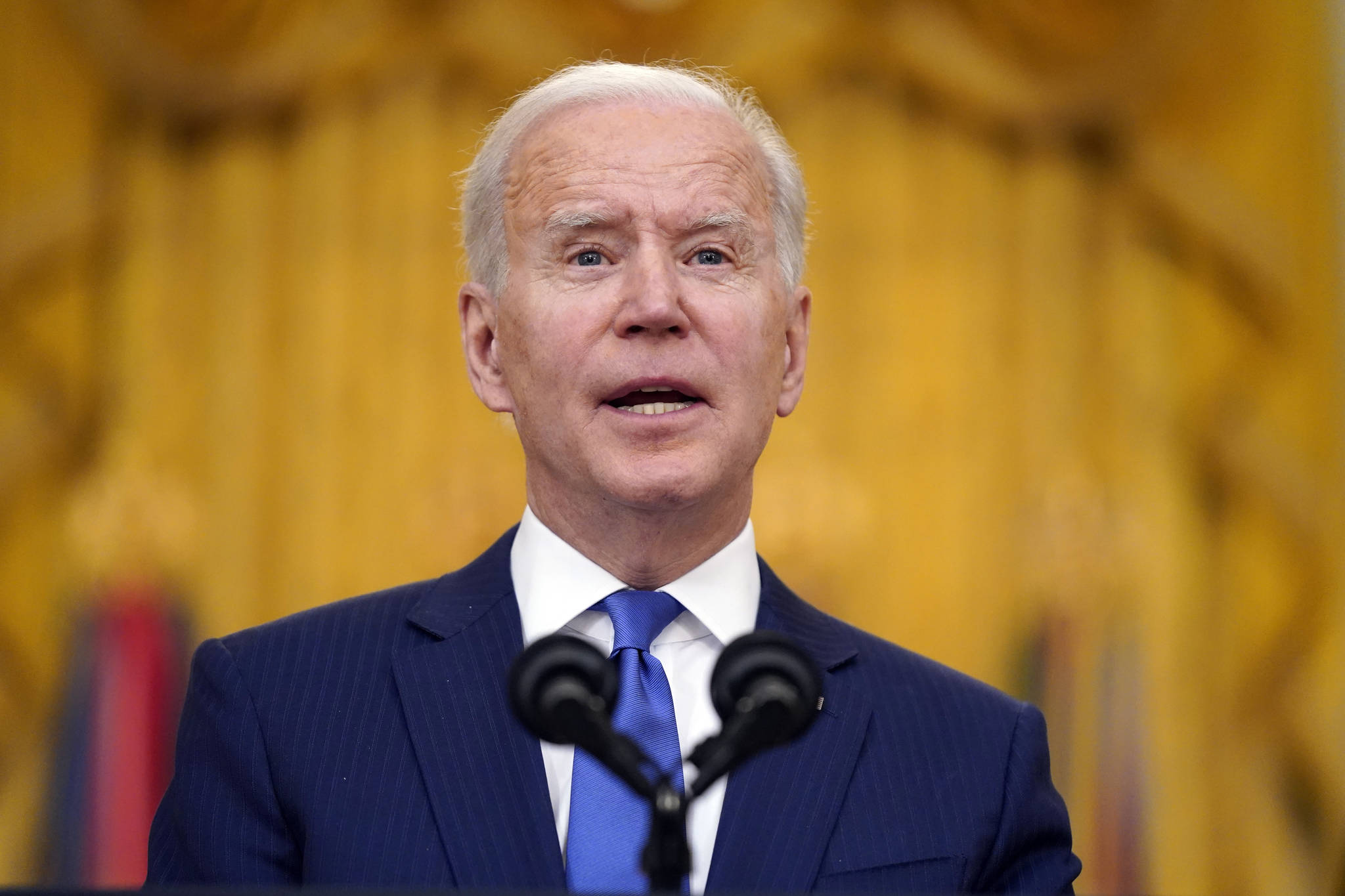ANCHORAGE, Alaska — President Joe Biden’s administration is supporting a controversial road through a national wildlife refuge on the remote Alaska Peninsula that is home to migrating waterfowl, continuing the policy of former President Donald Trump.
Advocates argue the 11-mile segment within the Izembek National Wildlife Refuge to complete an approximately 30-mile road will provide a reliable route for about 800 year-round residents of King Cove to Cold Bay’s airport during medical emergencies.
The state estimates construction costs for the road would be about $30 million.
In 2019, the Interior department approved a land swap with King Cove’s Alaska Native village corporation, trading land for the road with land of equal value owned by the corporation, the Anchorage Daily News reported.
A year later, U.S. District Judge John Sedwick rejected the land deal. Former President Donald Trump’s administration appealed Sedwick’s decision. Biden’s Department of Justice on Monday filed a legal brief in the 9th Circuit Court of Appeals defending the exchange.
Alaska’s congressional delegation supports the road project, which came up recently when the Senate energy committee held a hearing for Rep. Deb Haaland, D-N.M., Biden’s pick for Interior secretary. Answering a question from Alaska Republican U.S. Sen. Lisa Murkowski, Haaland said she would meet with King Cove residents about their desire for the road.
Murkowski was the lone Republican on the committee to advance Haaland’s nomination.
Residents of King Cove have sought access for decades to Cold Bay, with the all-weather airport. King Cove is wedged between mountains and ocean near the end of the Alaska Peninsula and flights often are canceled because of high wind or other foul weather.
Congress in 1997 addressed King Cove transportation by providing $37.5 million for water access to Cold Bay that included a $9 million hovercraft. The regional governing body took the vessel out of service after deciding it was too expensive and unreliable to operate.
In establishing the refuge, the Interior Department called it the most important concentration point for waterfowl in Alaska.
Conversation groups, led by Friends of Alaska National Wildlife Refuges, argued in a legal filing in January that the land deal violates the federal Alaska National Interest Lands Conservation Act, passed in 1980, which established Izembek as a refuge.
The Justice Department argued in its filing that Sedwick made several errors, including that the land exchange must “on balance further environmental protection.”
The 1980 law instead “requires only that land exchanges be for equal monetary value,” the Justice Department said, and that the land to be acquired furthers the purpose of the law, which includes providing for the social and economic needs of Alaskans.
“To deny the residents of King Cove the opportunity to pursue the building of a light-use road to access a medical evacuation facility would fail to ‘provide adequate opportunity for satisfaction of the economic and social needs’ of the Alaskan people,” the briefing says.
The environmental groups are represented by Brook Brisson, an attorney with Trustees for Alaska. Brisson said the attempt to build the road has been based on commercial interests, with opponents claiming it would support the fishing industry in King Cove. The latest Interior agreement did not include restrictions on commercial use, Brisson said.
A previous plan from the Trump administration, also rejected by a federal court, did prohibit commercial use for the road.
“In June 2020, the District Court found, for the second time, that a land exchange did not meet core legal requirements given the many prior decisions declining to allow a road through Izembek,” Brisson said in a statement.
“It’s also important to note that studies have shown that there are safe ways for the community to have access to emergency medical care that avoid putting a dangerous and damaging road through Izembek that will be at times impassible,” Brisson said.

